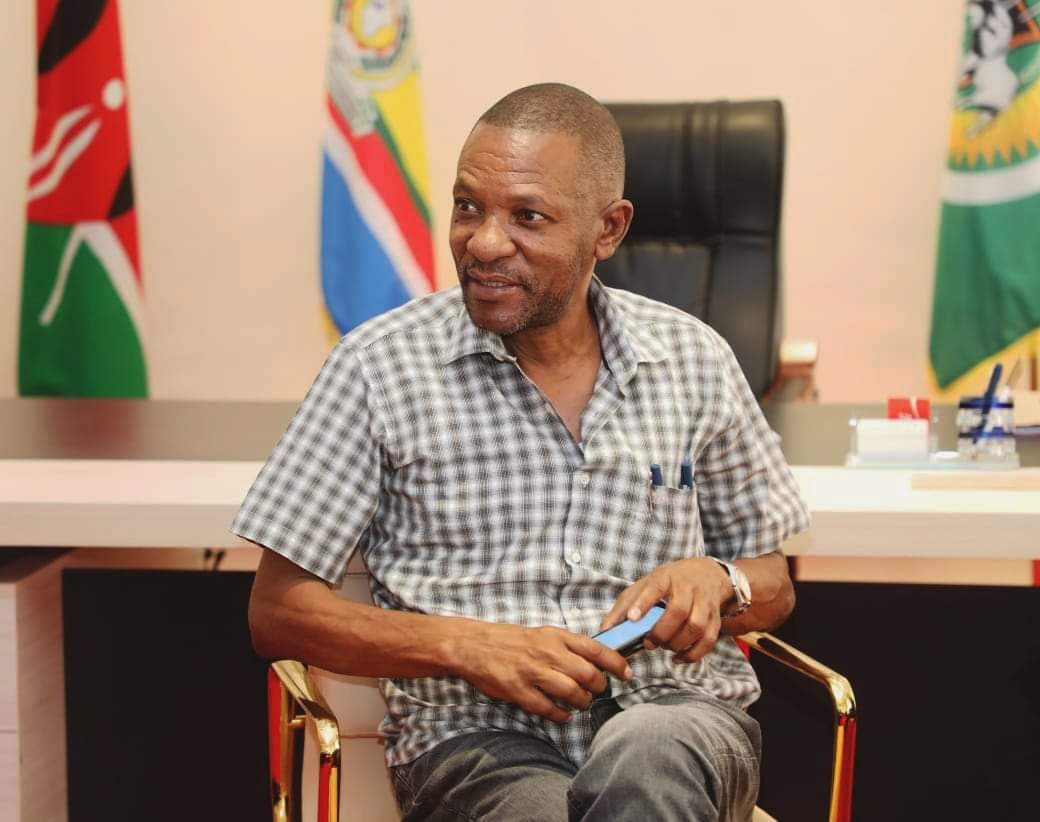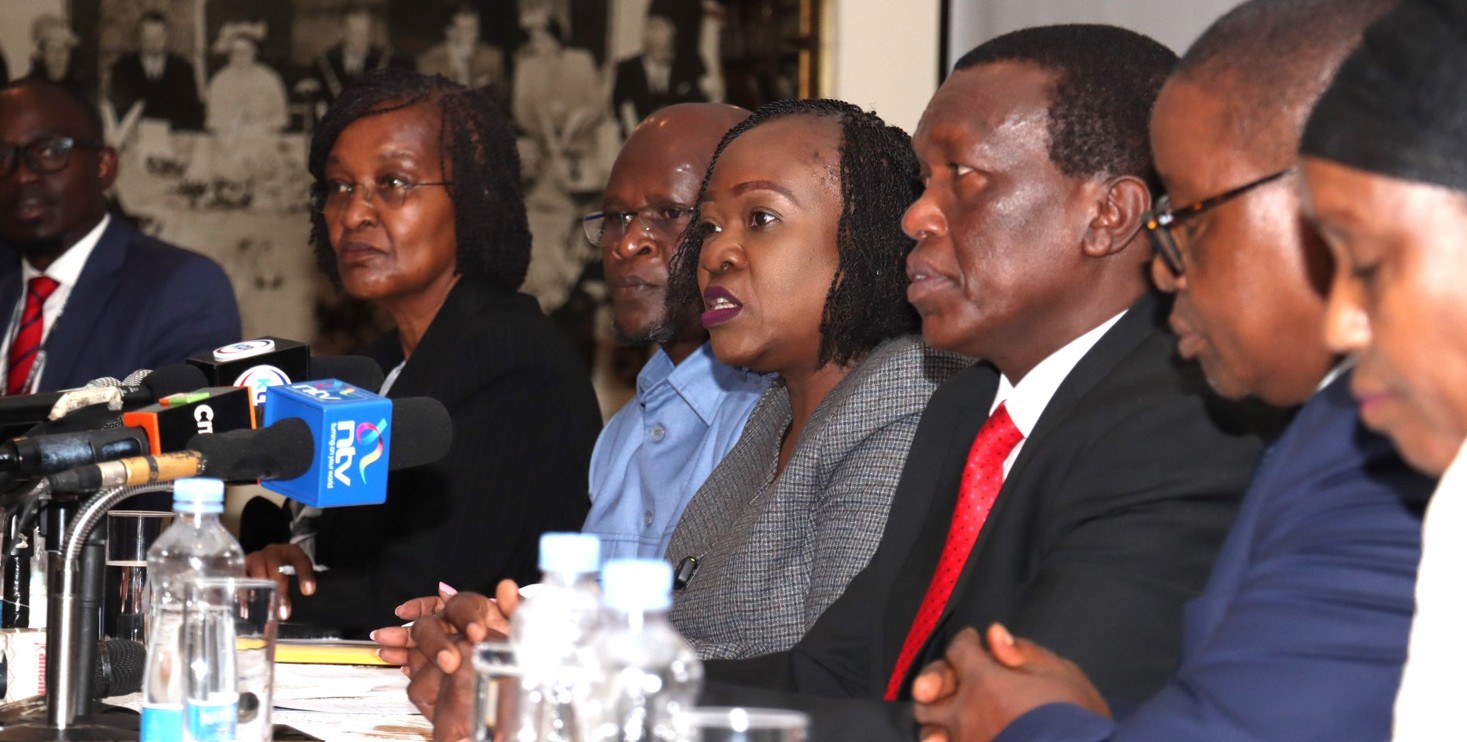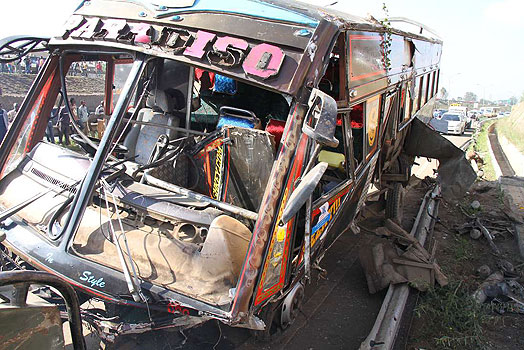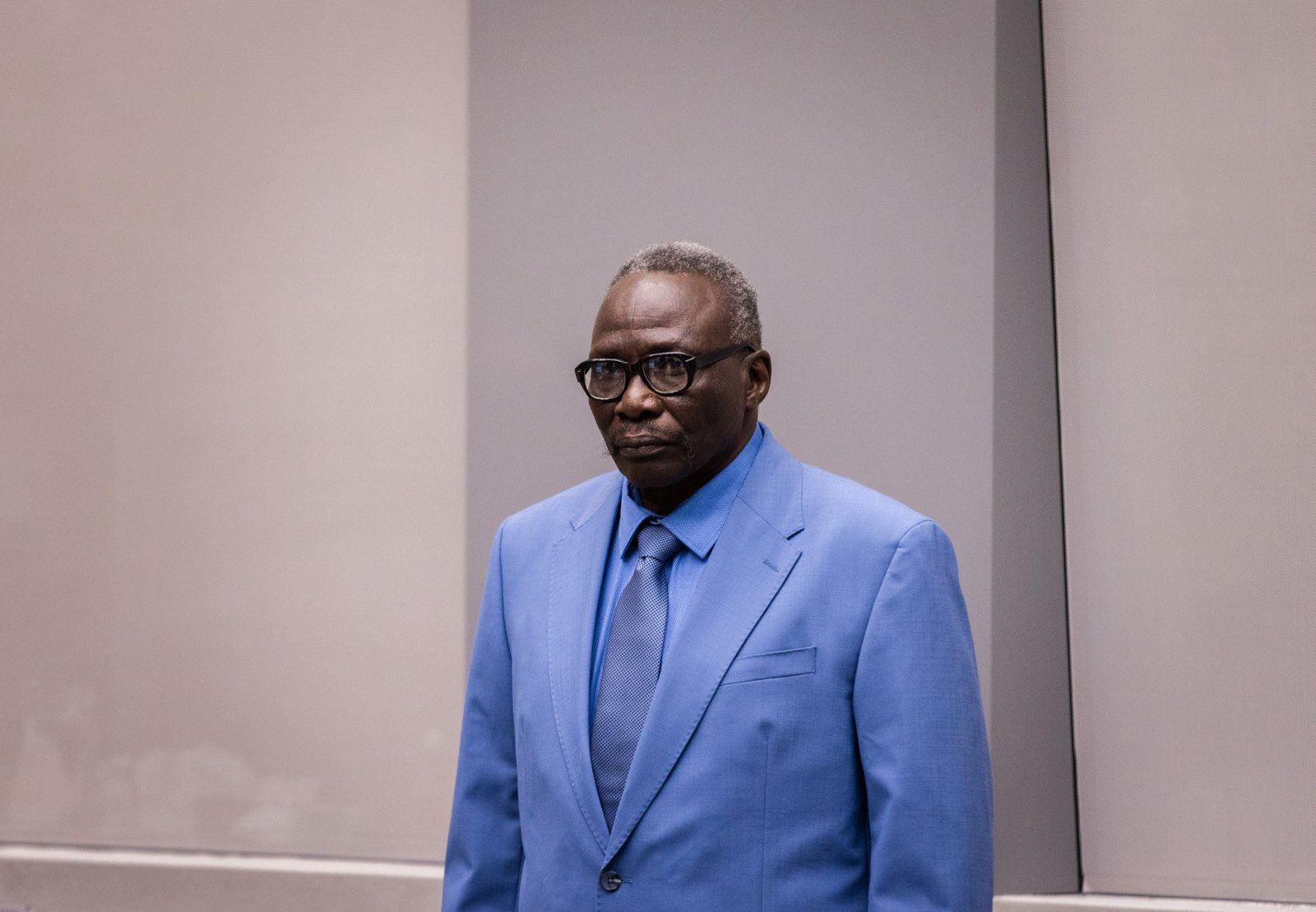Health CS Aden Duale forms 19-member committee to review pending NHIF claims
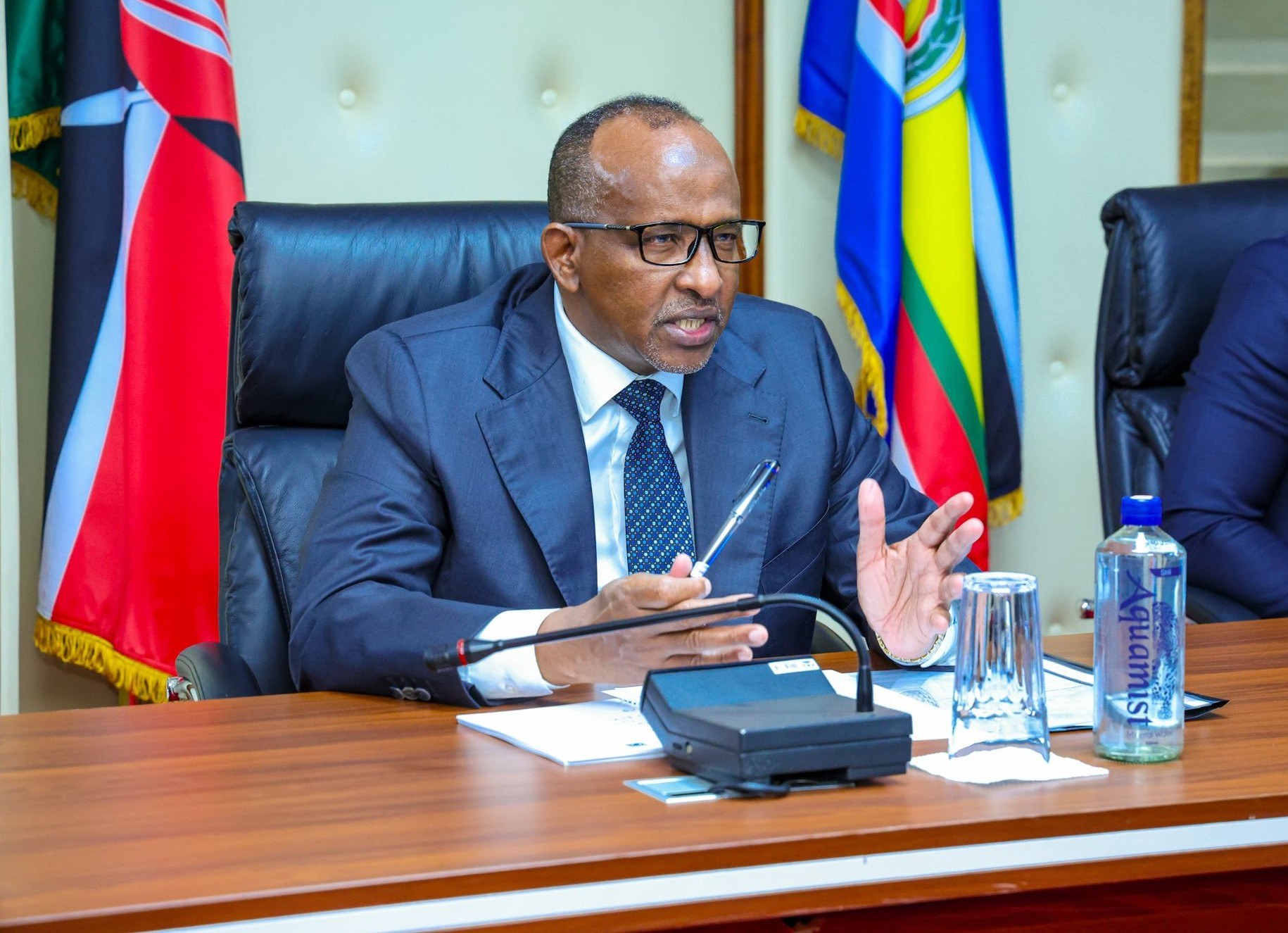
The NHIF Pending Medical Claims Verification Committee will be responsible for determining the legitimacy of outstanding medical claims accumulated between July 1, 2022, and September 30, 2024.
The Ministry of Health has moved to address the backlog of unpaid medical claims by appointing a special committee to verify and scrutinise pending bills owed to hospitals by the now defunct National Health Insurance Fund (NHIF).
Health Cabinet Secretary Aden Duale on Saturday announced the formation of the committee through a gazette notice, outlining its mandate and composition.
More To Read
- KNCHR says Kenyans still locked out of healthcare despite Sh138 billion SHA boost
- MPs ditch SHA, the public health scheme they once praised, and opt for private cover
- TSC confirms shift to SHA cover for teachers from December 1
- TSC sued over teachers’ migration from MINET insurance to SHA
- 1,567 injured police officers compensated, says Mwangangi as Senate pushes for transparency
- SHA announces refund process for mistaken M-Pesa premium payments
Duale said the National Health Insurance Fund (NHIF) Pending Medical Claims Verification Committee will be responsible for determining the legitimacy of outstanding medical claims accumulated between July 1, 2022, and September 30, 2024.
“The committee shall scrutinise and analyse the existing NHIF pending medical claims and make recommendations to the Ministry of Health on their settlement,” the notice read in part.
He noted that the verification team will be chaired by James Masiro Ojee, with Dr Anne Wamae serving as the vice-chairperson.
Other committee members include Edward Kiplimo Bitok, Meshack Matengo, Meboh Atieno Awour, Tom Nyakaba, Catherine Karori Bosire, Paul Wafula, Catherine Mungania, James Oundo, Jackline Mukami Njiru, Dr Judith Awinja and David Dawe.
The secretariat, responsible for record-keeping and research, will be led by Peter Kitheka, with members Shawn Mogaka, Dr Consolata Ogot, Dr Emmanuel Ayodi Lusigi, Halima Yussuf and Wilbert Kurgat.
Mandate
According to the gazette notice, the committee’s key mandates include verifying the authenticity of pending medical claims, identifying fraudulent or false claims, and proposing measures to prevent the future accumulation of unpaid bills.
“The committee will establish a clearly defined criterion for detailed examination of claims to determine their authenticity. Any cases of fraud or corruption will be identified, with appropriate recommendations made to relevant government agencies,” reads the notice.
The team will also have access to previous reports and undertake research to support its findings. Additionally, it will recommend necessary actions for the satisfactory disposal or settlement of identified claims and suggest reforms to improve the health insurance system.
Duale noted that the committee, domiciled at the Social Health Authority building, will serve for three months from the date of the gazette notice.
Private health facilities have been raising concerns over the government’s prioritisation of Social Health Authority (SHA) claims before settling NHIF arrears.
In a report to the Departmental Committee on Health of the National Assembly, the Rural and Urban Private Hospitals Association of Kenya (RUPHA) and the Kenya Association of Private Hospitals (KAPH) stated that 55 per cent of private facilities prefer NHIF arrears to be settled before SHA claims.
The report indicated that data from healthcare providers indicate that 26 per cent of private hospitals support simultaneous payment of both NHIF and SHA claims, while 19 per cent back prioritising SHA payments over NHIF arrears.
“Private facilities overwhelmingly prefer NHIF arrears settlement (61 per cent), compared to 51 per cent for faith-based hospitals and 49 per cent for public facilities,” reads the report.
The findings also show that 56 per cent of healthcare facilities have completed NHIF claims reconciliation, although lower-tier hospitals (Levels 2 and 3) continue to face difficulties due to limited access to the NHIF portal and lack of awareness.
Additionally, 52 per cent of unpaid healthcare providers have been asked to resubmit banking details, pointing to inefficiencies in the claims settlement process.
“NHIF arrears remain a critical concern, with the outstanding amount severely impacting healthcare providers’ ability to sustain operations. Many facilities have had to take on commercial loans at high interest rates to remain afloat while waiting for funds owed by the government,” RUPHA and KAPH noted.
Representing over 1,000 private healthcare facilities across the country, the two associations highlighted that the transition from NHIF to SHA has left many private hospitals struggling financially.
SHA was introduced to improve access to healthcare, ensure timely payments to providers, and establish a more efficient health financing system. However, RUPHA and KAPH argue that the implementation has been marred by delays, putting healthcare facilities in distress.
Their report, based on data from over 500 private healthcare providers, outlined key challenges and financial implications while also making urgent recommendations for corrective measures.
“As Parliament is the House of Records, we will provide detailed evidence to support our advocacy for a more predictable, transparent, and equitable health financing model that allows hospitals to continue providing quality services to Kenyans,” reads the report.
Top Stories Today





